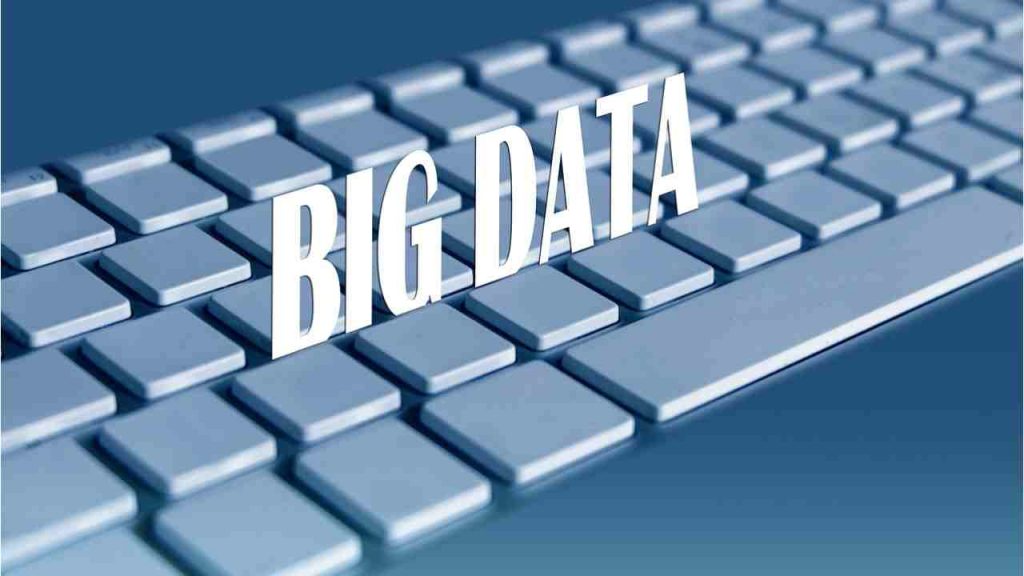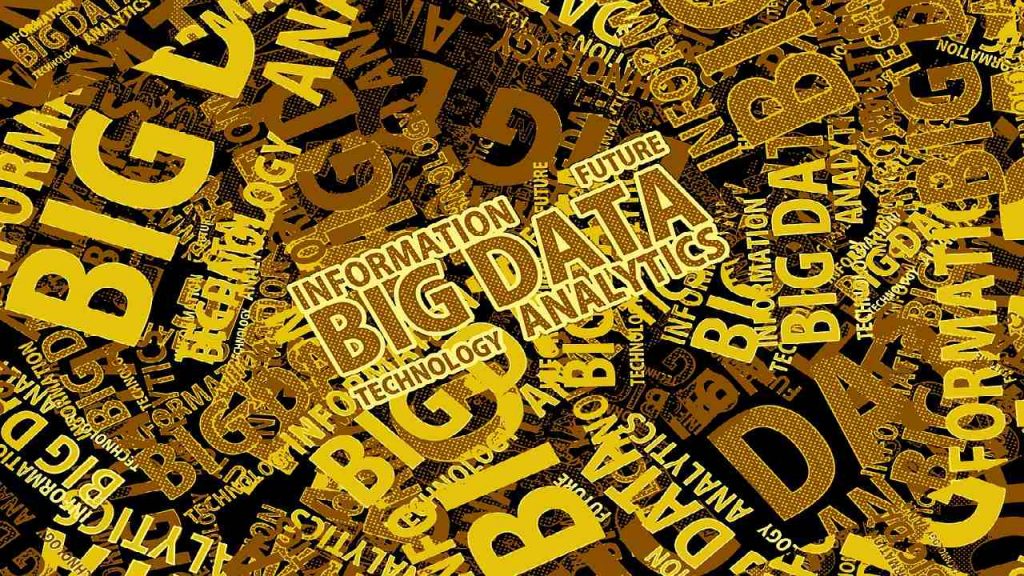Big Data Analytics
Wondering what is big data analytics and how does it help promote business transformation? Read to know some of the most effective big data analytics techniques and tools used by enterprises across the world. We have also thrown light on the importance of big data analytic to help you understand better.
Big data analytics solutions are used worldwide to assess the effectiveness of business strategies and understanding the scope of success. Many organizations used these data-driven solutions to make important decisions and improve their business growth. To help you understand what is big data analytics, let us share a relatable example with you.
Imagine you’ve been longing for a vacation to a hill station for a long time and the time has finally come. You decide to check the temperature and weather conditions before packing but the weather forecast predicts a hurricane. You instantly change your plan and end up learning about that hurricane later. Now you’re happy to be safe at your home!
This is what big data analytics is. It is compiled data that reveals broad information about the topics being studied, eventually helping a person analyze it and make the right decisions. Your business also needs big data analytic tools to make the right turns. However, there is a important difference between big data and data analytics that you must know.

Table of Contents
The Difference Between Big Data and Data Analytics
Big Data is an integration of all the information, tools, and procedures required for managing and utilizing huge data sets. It is a wide variety of information that treats ways to deal with “big and complex” data sets and efficiently extract information from it. This requires analyzing the trends and understanding the preferences of your audience to ultimately figure out the best approach for your business to thrive.
Data Analytics, on the other hand, is just a process of evaluating the raw data with a specific purpose in mind and drawing valuable conclusions out of it. Understanding data analytics helps improve business productivity and make evidence-based decisions. In simpler words, data analytics is used to meet particular business objectives and find the right solutions.
So, analyzing your business data and understanding the trends to integrate them into your current business model is generally termed as “big data analytics”.
How are Organizations Using Big Data Analytics?
Since big data analytics technology enables a business to find new opportunities and enhance their products or services, approximately 57% of the enterprise organizations across the world are using these data tools to surpass their competitors – concludes the 2018 Global State of Enterprise Analytics Report. These organizations use big data analytic techniques to grow by:
- Collecting new data from time to time
- Incorporating internal and external data to predict the risks
- Tracking clean data and implementing it to avoid making mistakes
- Delegating responsibilities to each team member after analyzing the analytics
- Use big data analytics tools to come up with creative solutions, and
- Reaping the advantage of data prediction
How is Analytics Transforming the Business?
Using high-quality data and analytics helps an organization increase workforce productivity, develop great products, monitor the market, manage risks, and most importantly, retain its customers. Moreover, it helps brands save money and drive more revenue to their businesses. Adopting the latest technologies and incorporating analytical data helps businesses become more competent and function smoothly.
Here are some of the most effective ways of how analytics transform a business:
1. Search Engine Optimization (SEO)
SEO is needed by all businesses – big or small, to establish their presence online. Analyzing analytical solutions helps drive more organic traffic.
2. Enhances Customer Relationship
By knowing more about the target audience including their age, behavior, and the trends they love, businesses can develop the right action plan to communicate better.
3. Increase Productivity
By understanding the end-to-end processes of various business aspects, organizations can increase their productivity to a greater extent.
4. More Competitive Services
Businesses use analytical data to systematically undermine trending services and come up with more innovative and competitive products or services.
5. Cost-Cutting
By knowing the approaches that are very likely to work, businesses can save a lot of money and generate more revenue through analytics.
6. Risk Analysis
This is one of the most important contributions of analytics to effective business models. Data-driven intelligence makes it easier to analyze glitches, risks, technical errors, etc. It also helps organizations find effective solutions to their problems and enhance their decision-making skills.
Key Takeaway
Conclusion Analytics has made it easier to predict business trends and hence, make the right strategies and thrive in the industry. It makes it easy to monitor market trends and connect with customers. In the coming times, big data is sure to enhance business experiences and bring better opportunities.

